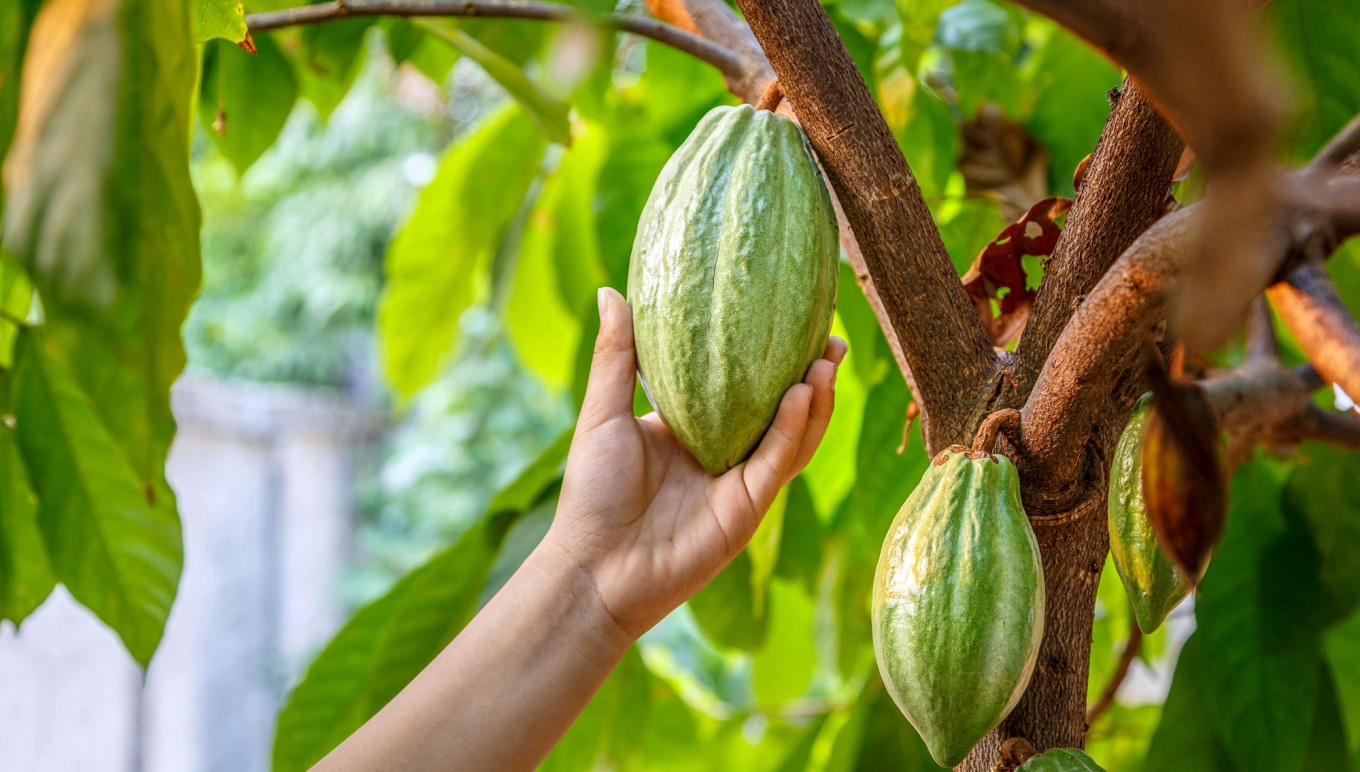Popular Reads
Top Results
Can't find what you're looking for?
View all search resultsPopular Reads
Top Results
Can't find what you're looking for?
View all search resultsIndustry Ministry forms new BPDPKS departments to develop cocoa, coconut industries
Change text size
Gift Premium Articles
to Anyone
T
he Ministry of Industry has initiated the establishment of two new departments in the Oil Palm Plantation Fund Management Agency (BPDPKS) to oversee development of the cocoa and coconut industries to ensure the availability of raw materials, to sustain Indonesia’s industrial competitiveness and to increase added value, as determined on July 10, 2024 at a limited meeting with President Joko “Jokowi” Widodo in Jakarta.
The meeting decided that the Palm Oil Plantation Fund Management Agency (BPDPKS) would be responsible for supervising development of the cocoa and coconut industries by establishing two new deputy positions at the agency, namely Deputy for Cocoa and Deputy for Coconut.
Funding for the new departments will be collected through an export tax scheme managed directly by the BPDPKS.
"The BPDPKS already has substantial funds that can be used for the cocoa and coconut sectors, so operations can start immediately," said Minister of Industry Agus Gumiwang Kartasasmita.
Indonesia was the world’s third-largest cacao producer until 2015 but currently ranks seventh. In 2023, it was the fourth-largest producer and exporter of processed cocoa products in the world.
Between 2015 and 2023, Indonesia's cocoa production fell 8.3 percent annually, while imports increased from 239,377 tonnes to 276,683 tonnes.
Growth in the country’s cocoa processing industry has not been matched by an increase in raw material availability, which led to nine out of 20 cocoa companies ceasing operations. The cocoa processing industry currently imports 62 percent of cacao beans as raw materials.
Meanwhile, the coconut processing sector is still underdeveloped due to suboptimal utilization of raw materials while exports still focus on whole coconuts, resulting in a utilization rate of around 55 percent.
On the other hand, Indonesia’s coconut industry has the potential to meet global demand, providing significant room for developing the downstream sector.
The establishment of the cocoa and coconut departments as part of the BPDPKS is expected to have a positive impact on both farmers and businesses in the two industries.
Potential benefits for farmers include increased productivity through intensification and land rejuvenation, improved processing yields and guaranteed harvest absorption.
Potential benefits for businesses include increased added value and exports as well as diversification into high value-added derivative products.










